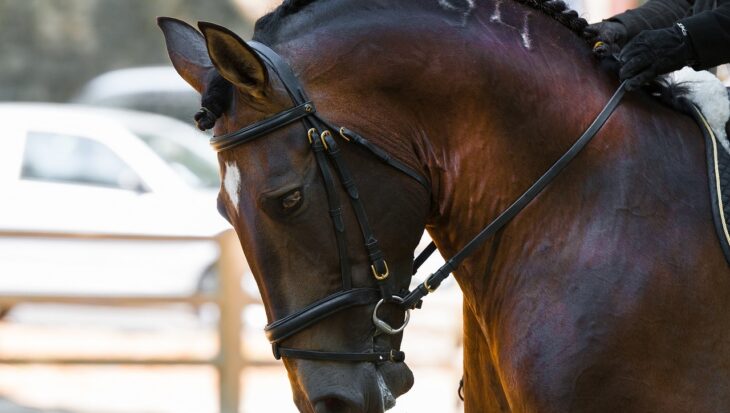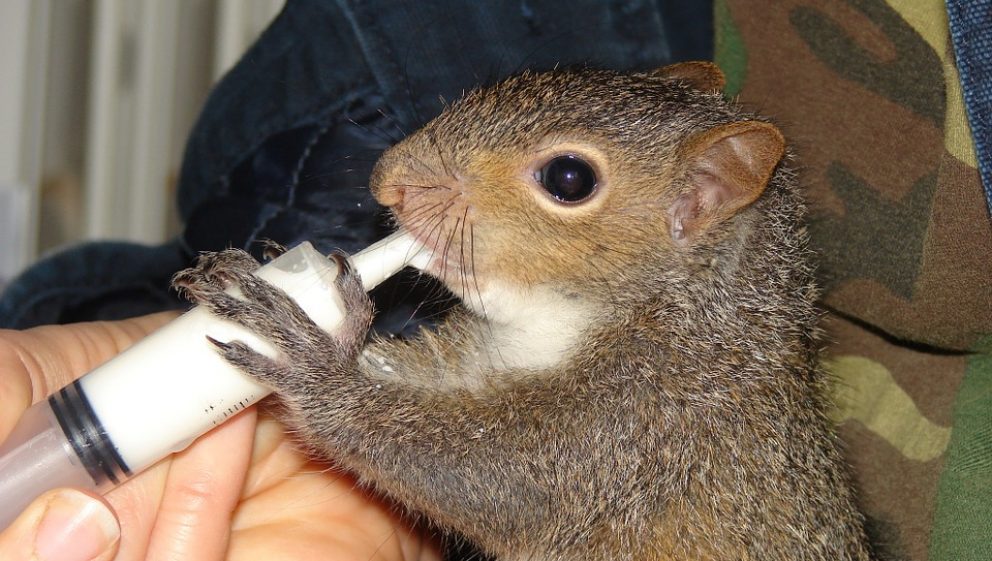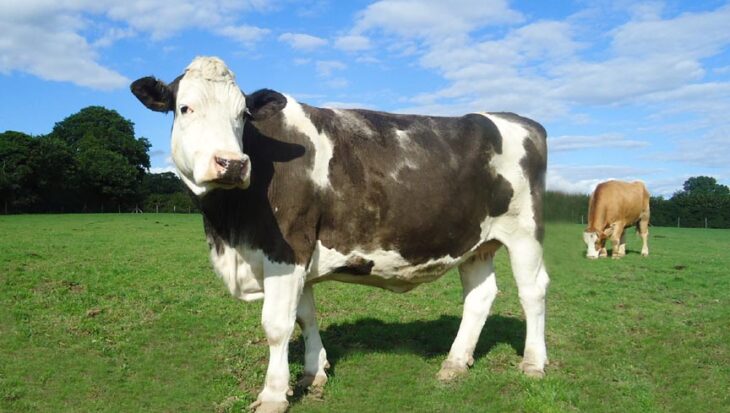What’s happening?
The government recently launched a consultation on ‘management measures’ for widely spread ‘Invasive Alien Species (IAS)’ in England and Wales. They have invited interested parties to submit their responses to the consultation.
Many of the proposals by the government are shocking, and suggest wide-ranging culls of ‘non-native species’. From December, a new law on ‘invasive species’ will also make it illegal to rescue and release non-native animals such as grey squirrels and Muntjac deer. The situation for these highly persecuted animals is therefore extremely grave.
No animal should be cruelly and pointlessly culled because of their origins. Wildlife rescue centres should not have to choose between subjecting wild animals to an unnatural life in captivity, or being forced to euthanise them because of the law. All wildlife deserves to be treated with respect and compassion.
What you can do?
Animal Aid has submitted a response to the consultation, and you can too! This is a great opportunity to support animals such as grey squirrels, and demonstrate to the government that public opinion is against culling.
Below we have put together some guidance on how you may want to respond to the consultation, in order to give these animals a voice. Your submission may be more effective if the drafted answers are slightly amended and expanded, rather than copying and pasting. Please read through the consultation document carefully before submitting your answers.
You can submit your response through the Defra website (linked at the bottom of the page) or by emailing invasivealienspecies@defra.gov.uk.
The deadline for submitting your response is 12th September 2019.


